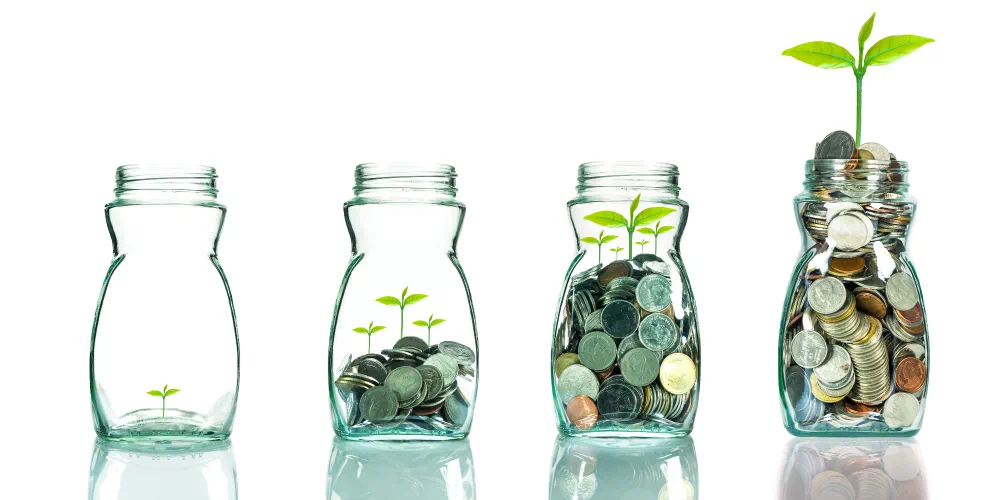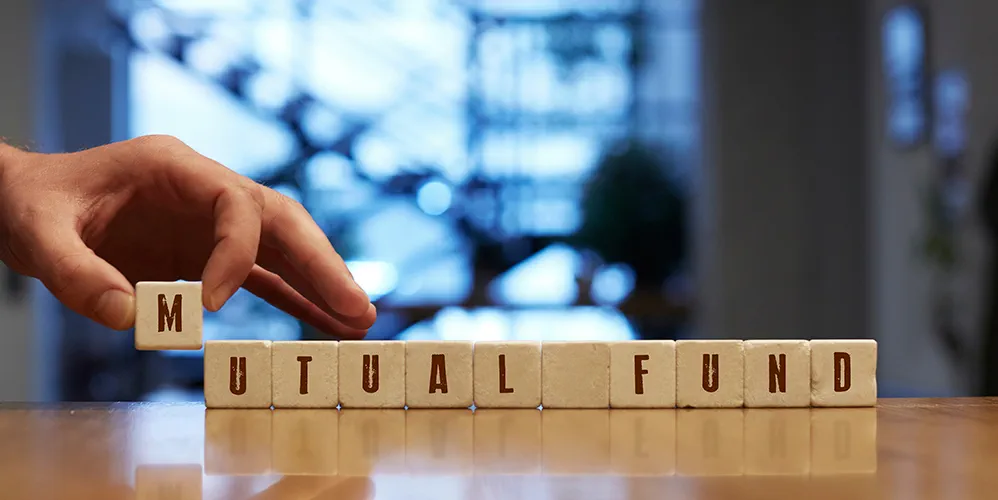
Features and Benefits of Fixed Deposit
14 Apr 2023

Table of Content
A fixed deposit is one of the most popular investment options in India. Several people consider fixed deposits as the best investment option and invest a significant portion of their savings in this instrument. But what is a fixed deposit?
A fixed deposit is a type of deposit in which a sum of money is locked for a fixed period of time. However, the tenure for the fixed deposit is decided by the person who invests his funds. This tenure could be anywhere from a few days to several years. In return for locking in these funds, fixed deposits pay the depositor a fixed rate of interest. All banks offer fixed deposits at different rates. Opening a fixed deposit is extremely simple and can be done both online and offline.
Features of Fixed Deposit
The features of an FD are as follows:
- FDs have investment tenures ranging from 7 days to 10 years. It differs from bank to bank.
- The return on the invested amount is compounded periodically; it may be quarterly, annually, or monthly.
- Senior citizens are offered 0.5% higher returns compared to regular investors.
- Premature and partial withdrawals are usually permitted with penalties.
- Once the FD matures, one can reinvest the maturity amount.
To understand whether investing in a fixed deposit is the best option, we need to look at the advantages and disadvantages of fixed deposit account.
Let us examine the fixed deposit advantages and disadvantages.
Benefits of Fixed Deposit
The following are the benefits of fixed deposits -
Assured Rate of Return: The major reason why people prefer investing their funds in a fixed deposit is the assured rate of return. Once you invest your funds in a fixed deposit account, you can be guaranteed of receiving the stated rate of return. Banks also have a fixed deposit interest calculator on their websites where a customer can calculate the interest, he will receive on investing a particular sum of money for a particular period.
Tax Threshold for Interest: Banks are not mandated to deduct tax on any interest until it crosses the cap as per income tax guidelines. This provides comfort to small deposit holders.
Flexible Tenure: The tenure for a fixed deposit is flexible and depends on the deposit holder. Each bank has their own minimum tenure rules however, the final decision can be taken by the deposit holder. It is also possible to decide whether to redeem the fixed deposit or to extend it for the same period.
Easy Liquidation: It is relatively easy to liquidate a fixed deposit. For FDs booked online, they can be liquidated online via net banking as well. Otherwise, most bank branches have a form to liquidate the FD.
Loans Against Fixed Deposit: An FD is a dependable instrument to keep in case of financial emergencies. Taking a loan against a fixed deposit is very easy. You can take a loan up to 95% of the fixed deposit amount depending on the bank. This makes it a dependable investment.
Also Read - How To Open A Fixed Deposit Account
Disadvantages of Fixed Deposit
Reducing Interest Rates: Even though fixed deposits have a lot of advantages; the interest rates do not move in line with inflation. This means in some cases; they may actually earn less than the inflation rate. The interest rates for fixed deposits have been falling in recent times which has reduced the attractiveness of this investment.
Locked in Funds: Fixed deposits lock in your funds for a fixed duration. These funds are not available for you to use unless you withdraw the funds prematurely. Fixed deposits are not at all liquid and cannot be converted into cash easily.
Penalties on Withdrawal: Banks charge penalty to the depositors who withdraw their fixed deposits prematurely. This penalty is in the form of a reduced rate of interest.
No Tax Benefit: The interest earned on fixed deposit is added to the taxable income of the deposit holder. There is no deduction on any interest earned. However, senior citizens get a deduction up to Rs. 50,000 on interest.
Fixed Interest Rate: The rate of interest on a fixed deposit remains the same for the entire duration of the fixed deposit. Even if the rates increase, the bank does not pay additional interest to the deposit holder.
Conclusion
After looking at the advantages and disadvantages of a fixed deposit account, it is clear that this is an instrument for people who do not have much of a risk appetite. If you’re a person who likes to see fixed income in his account, then this is the instrument for you. The earnings from this form of investment are limited. However, banks have a sweep in facility where excess funds from a savings account can be diverted to a fixed deposit until the customer needs these funds. By enabling this feature, you can increase the returns from your fixed deposit account.
Popular Articles
Guide to Getting Agriculture Loan: Application, Eligibility & Required Documents
Related Articles










-
Disclaimer
The contents of this article/infographic/picture/video are meant solely for information purposes and do not necessarily reflect the views of Bank of Baroda. The contents are generic in nature and for informational purposes only. It is not a substitute for specific advice in your own circumstances. Bank of Baroda and/ or its Affiliates and its subsidiaries make no representation as to the accuracy; completeness or reliability of any information contained herein or otherwise provided and hereby disclaim any liability with regard to the same. The information is subject to updation, completion, revision, verification and amendment and the same may change materially. The information is not intended for distribution or use by any person in any jurisdiction where such distribution or use would be contrary to law or regulation or would subject Bank of Baroda or its affiliates to any licensing or registration requirements. Bank of Baroda shall not be responsible for any direct/indirect loss or liability incurred by the reader for taking any financial decisions based on the contents and information mentioned. Please consult your financial advisor before making any financial decision.
How To Open A Fixed Deposit Account
Time deposits or Term deposits are most commonly known as fixed deposits. Apart from mobilising funds from demand deposits like savings and current accounts, banks also resort to fixed deposits to raise funds. Fixed deposit, like the word suggests, have a fixed duration.
Various Types of Fixed Deposits for Your Investment Needs
Fixed deposits (FD) are among the most popular types of savings and investments. They allow you to earn interest on the amount you deposit for a fixed period. If you do not like to take risks when it comes to investments, you can choose from different types of fixed deposits. FDs are perfect as you can redeem your original amount and interest as soon as they mature.

